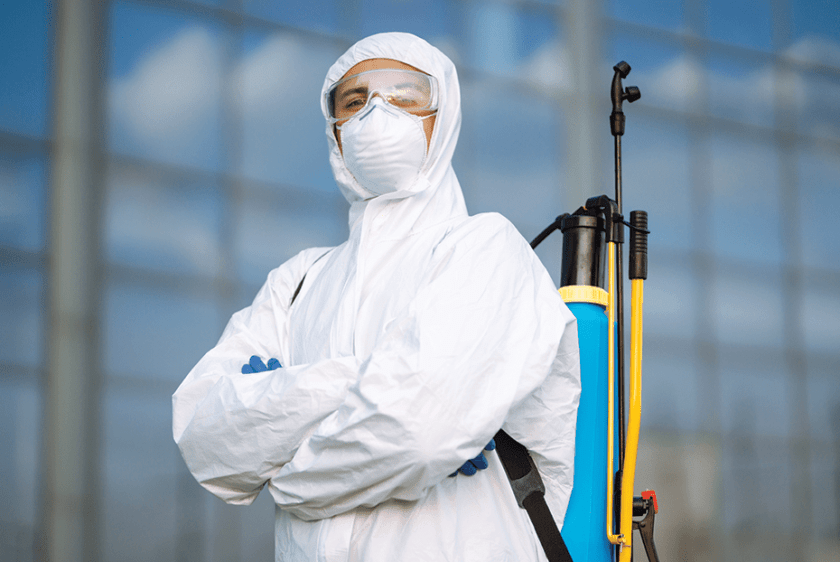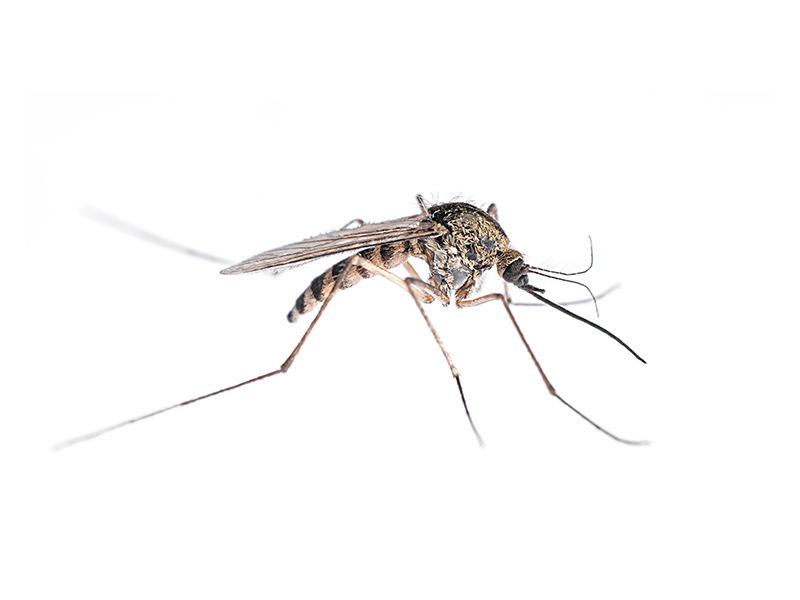Discovering Ingenious Methods and Products for Reliable Bug Control
The landscape of insect control is advancing, marked by the introduction of cutting-edge techniques and products made to improve effectiveness and sustainability. From wise traps outfitted with innovative monitoring systems to biological approaches that employ all-natural killers, these improvements offer a paradigm change in how we approach pest monitoring. Moreover, green chemical alternatives and scent disturbance techniques supply targeted solutions that line up with ecological stewardship. As the industry comes to grips with these advancements, a closer evaluation exposes not just their implications yet likewise the prospective challenges that might emerge in their execution.
Smart Traps and Checking Systems
Exactly how can contemporary innovation enhance parasite administration? One substantial improvement is the advancement of clever traps and keeping an eye on systems, which provide real-time data and analytics for effective pest control. These systems make use of sensing units and cordless technology to detect pest activity, signaling property supervisors and bug control experts to infestations prior to they intensify.
Smart catches are geared up with attributes such as lure terminals that attract pests and capture them successfully. These catches can be monitored remotely, enabling prompt interventions and minimizing the requirement for substantial chemical applications. Moreover, the combination of artificial intelligence formulas makes it possible for these systems to separate between target bugs and non-target varieties, boosting the precision of insect control procedures.
Additionally, the data collected from clever traps can be evaluated to determine patterns in insect behavior and environmental elements adding to problems (Pest Control in Port Charlotte). This information is vital for creating targeted insect administration techniques tailored to details atmospheres. By accepting clever traps and keeping track of systems, pest control professionals can boost their functional performance and decrease the eco-friendly influence of bug monitoring, eventually resulting in more secure and extra lasting techniques in the sector
Biological Bug Control Approaches
Using all-natural killers and parasites, biological insect control approaches supply an eco-friendly alternative to chemical treatments. This technique involves the introduction or enhancement of particular microorganisms that can naturally regulate bug populaces, consequently lowering reliance on synthetic chemicals. Typical instances consist of the use of ladybugs to regulate aphid problems and parasitic wasps to target caterpillars.

Biological control can be classified into 3 main techniques: timeless, augmentative, and conservation. Classical biological control includes importing all-natural adversaries from the parasite's indigenous habitat, while augmentative control involves enhancing the populace of existing natural opponents via launches. Conservation techniques concentrate on producing conditions that support these useful organisms in the environment.
The efficiency of organic pest control pivots on recognizing the complex communications within environments. It often requires a comprehensive assessment of insect dynamics and the life process of both the bugs and their all-natural adversaries. While organic methods may not offer instant outcomes like chemical choices, they add to long-lasting bug management and community health and wellness. As awareness of ecological problems expands, organic insect control approaches are increasingly identified for their sustainable function in integrated pest monitoring programs.
Eco-Friendly Chemical Alternatives
Environment-friendly chemical choices provide a sensible remedy for parasite monitoring that lessens ecological effect while efficiently controlling insect populations. These options are originated from all-natural sources and are meticulously formulated to target details parasites without hurting valuable organisms, making them a necessary element of sustainable bug control strategies.
Amongst one of the most reliable eco-friendly choices are plant-based insecticides, such as neem oil and pyrethrin, which are stemmed from the seeds and flowers of various check my reference plants. These substances interrupt the life cycles of pests, reducing their populations without the harmful impacts linked with traditional chemicals - Pest Control in Port Charlotte. Additionally, essential oils like peppermint and clove oil exhibit repellent buildings, additionally enhancing their utility in bug administration

In addition, green chemical alternatives typically damage down a lot more swiftly in the atmosphere, reducing the threat of dirt and water contamination. This particular aligns with the boosting consumer need for sustainable methods in farming and urban bug control. As research study continues to advancement, the advancement of innovative green formulations will better improve effectiveness and widen application areas, enabling pest monitoring experts to adopt greener, much more responsible methods click here for info in their techniques while safeguarding human health and wellness and the setting.
Scent Interruption Methods
One more ingenious approach in lasting pest management is using pheromone interruption strategies. These techniques manipulate the natural chemical signals, or pheromones, that pests utilize for interaction, particularly in mating behaviors. By interfering with these signals, parasite populations can be properly managed without turning to harmful chemicals.
Pheromone traps are generally employed in this strategy. Over time, this can lead to a considerable decrease in bug populaces.

Integrated Pest Management Strategies
Reliable pest control frequently calls for a detailed method, and Integrated Bug Management (IPM) methods offer a framework for attaining this objective. IPM integrates different management techniques to decrease bug populations while decreasing reliance on chemical pesticides. This diverse approach starts with thorough monitoring and recognition of bugs, permitting targeted interventions based upon specific pest pressures.
Cultural methods, such as crop rotation and hygiene, play an essential duty in avoiding parasite establishment. Organic controls, including all-natural killers and parasitoids, are utilized to maintain bug populations at manageable degrees. When essential, discerning chemical therapies are used, stressing lower toxicity to non-target species and the atmosphere.
By using this all natural approach, IPM not just boosts parasite control effectiveness however also adds to lasting ecological equilibrium. Ultimately, Integrated Parasite Management stands for a forward-thinking remedy that lines up agricultural productivity with environmental stewardship, making it necessary in contemporary insect control strategies.

Conclusion
In final thought, the assimilation of ingenious methods and items for efficient parasite control stands for a substantial improvement in lasting bug administration. Smart catches and keeping track of systems, organic bug control methods, eco-friendly chemical options, and scent interruption techniques collectively enhance the performance of insect management methods.